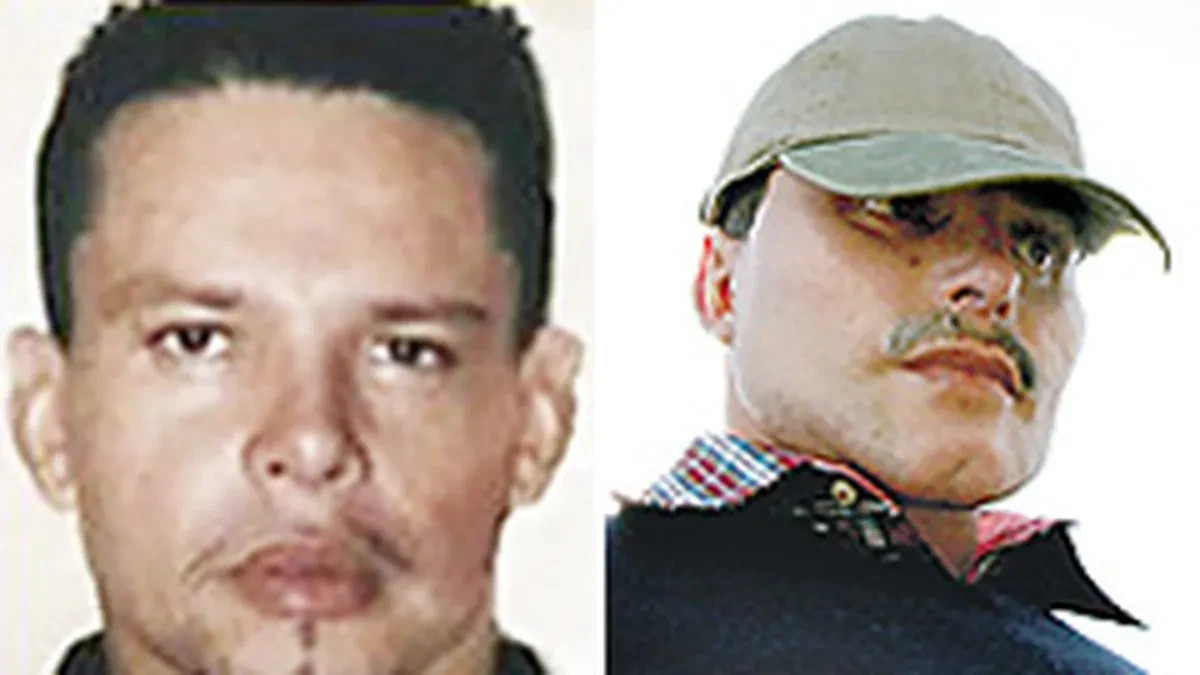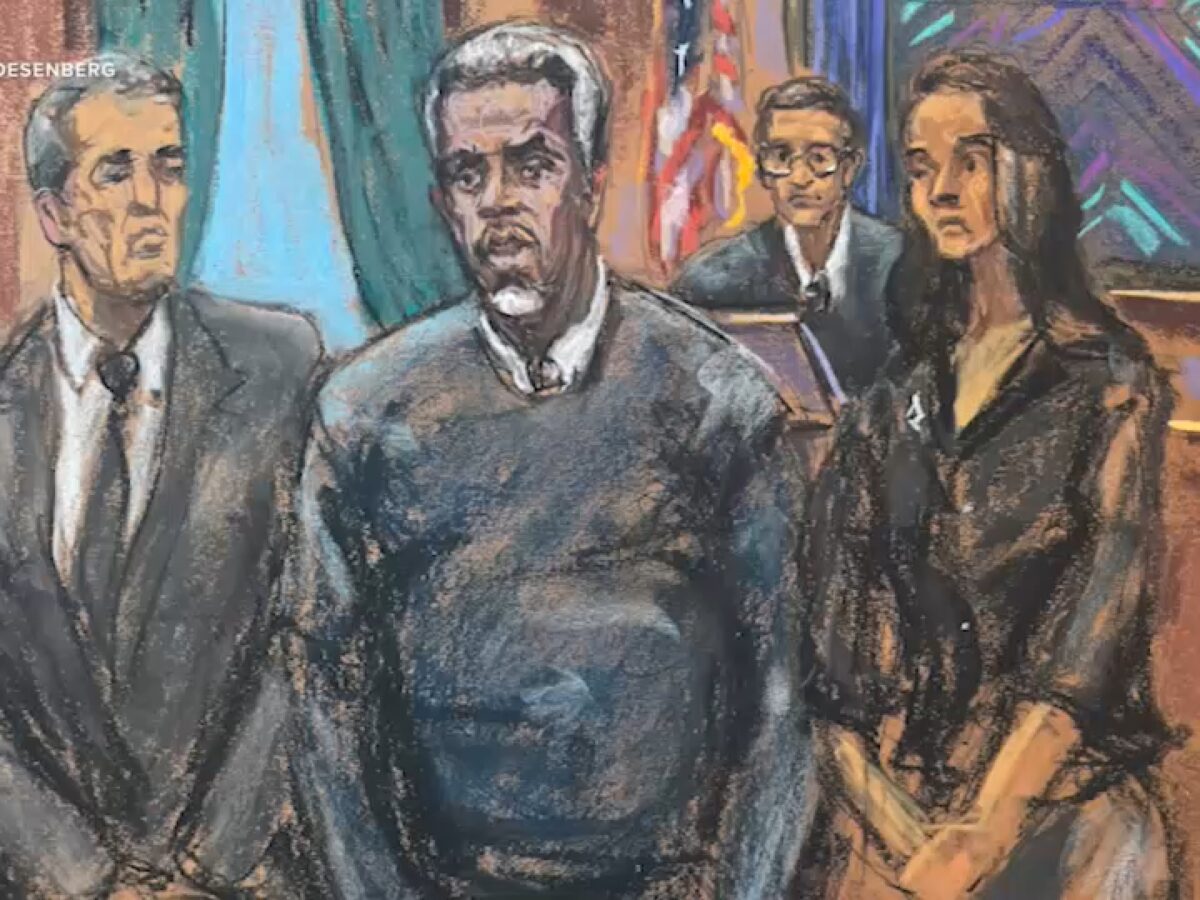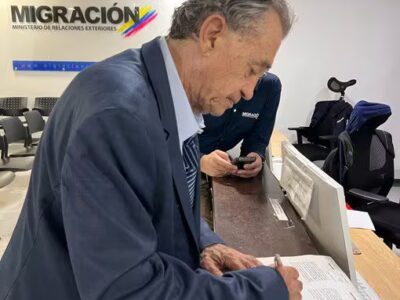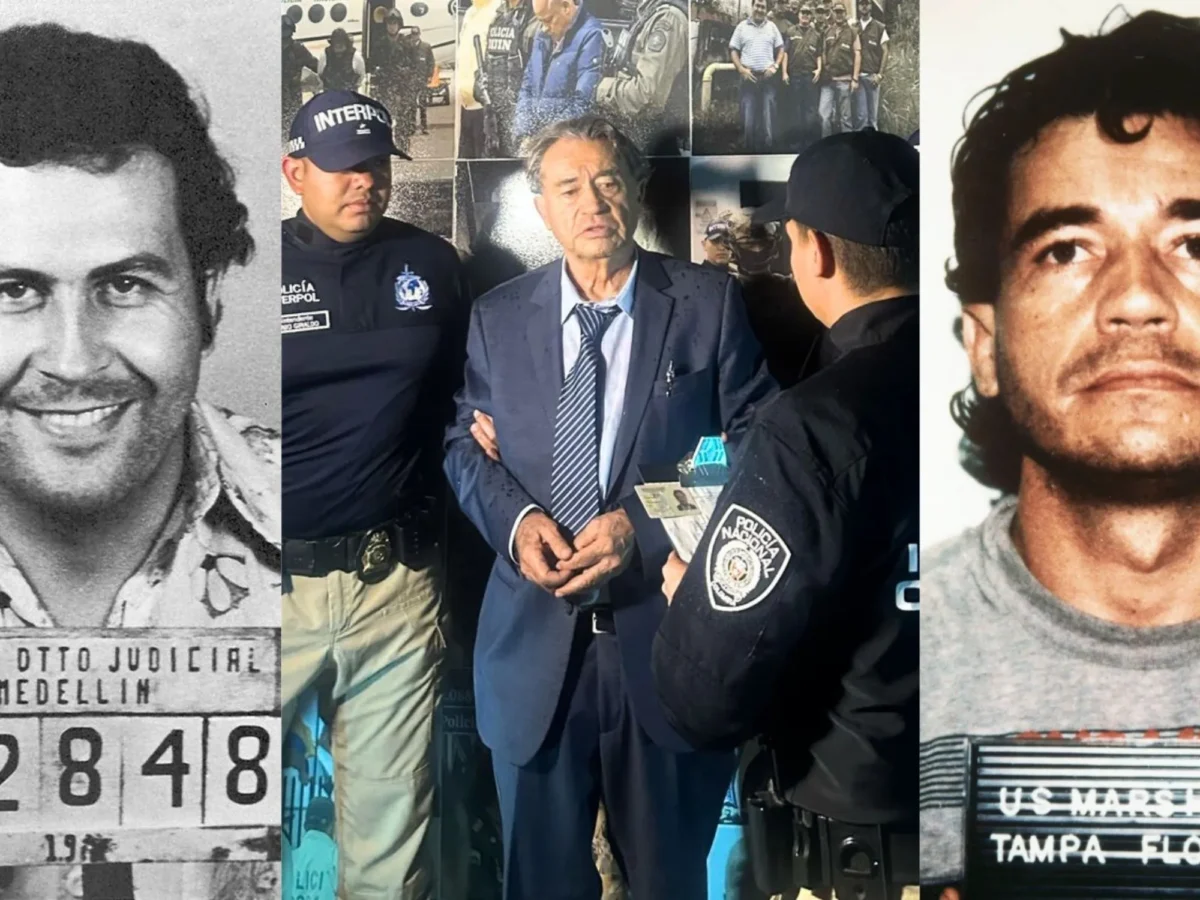The Release of ‘Chupeta’: A New Chapter in the History of Colombian Drug Lords
The release of Juan Carlos Ramírez Abadía, known as “Chupeta”, a former leader of the Norte del Valle Cartel, has raised significant questions regarding the global fight against drug trafficking. This development marks a new phase in Colombia’s complex struggle with its history of organized crime and its impact on international relations.
A Key Figure in the Norte del Valle Cartel
As reported by Insight Crime, Ramírez Abadía was born in Palmira, Colombia, in 1963. Rising through the ranks of the infamous Norte del Valle Cartel, he became one of the most influential drug traffickers of his time. Under his leadership, the cartel exported around 500 metric tons of cocaine to the United States between 1990 and 2004, generating over $10 billion in revenue.
Despite his efforts to evade capture, including extensive plastic surgeries to alter his appearance, Ramírez Abadía was arrested in Brazil in 2007. According to State.gov, he was extradited to the United States the following year, where he cooperated with authorities by providing crucial testimony against other major drug lords, including Joaquín “El Chapo” Guzmán.
A Controversial Release
Ramírez Abadía was sentenced in the United States to 20 years in prison for crimes including drug trafficking, homicide, and money laundering. His sentence was notably reduced due to his cooperation with U.S. prosecutors. Recent reports from Infobae indicate that Ramírez Abadía has been released from prison, though the details surrounding his release remain undisclosed.
His freedom has sparked debates about the effectiveness of current strategies to dismantle drug cartels. Critics argue that such reductions in sentencing may undermine justice for victims of cartel violence, while proponents highlight the value of insider testimony in securing convictions of other high-profile criminals.

Broader Implications for Drug Policy
The release of Ramírez Abadía follows a pattern observed with other cartel leaders. For instance, as noted by Sunday World, Mexican drug lord Osiel Cárdenas Guillén was similarly released after cooperating with authorities. These cases underscore the complex negotiations between justice systems and organized crime leaders, where intelligence often takes precedence over punitive measures.
Colombia, meanwhile, continues to grapple with the socio-economic and political roots of the drug trade. Efforts to combat drug trafficking remain a central focus of government policy, with initiatives aimed at dismantling production networks and promoting alternative livelihoods for coca farmers.













